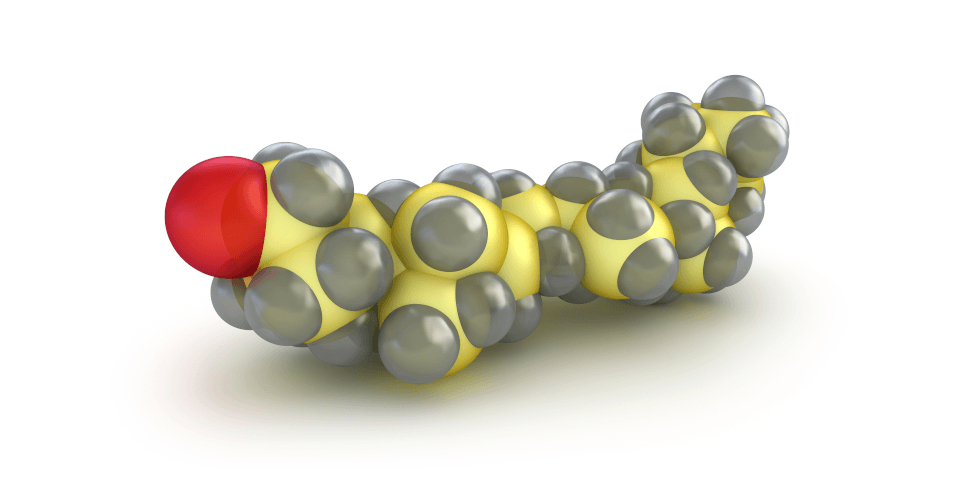A protein that transports cholesterol inside cells has been identified and could be the key to developing drugs that boost ‘good cholesterol’.
Scientists at UNSW Sydney made the breakthrough discovery.
Until now, drugs including statins – the most prescribed and profitable class of drugs in history – have targeted ‘bad cholesterol’, also known as LDL (low-density lipoprotein), by inhibiting its synthesis in the liver to mitigate the risk of heart disease and stroke.
While statins are effective at lowering LDL levels, they do little to increase the levels of good cholesterol, or HDL (high-density lipoprotein), and there is no other drug in use that can significantly boost the human body’s HDL levels.
UNSW School of Biotechnology and Biomolecular Sciences Professor Rob Yang says this could all change after he and his team of researchers were able to identify a protein responsible for transporting cholesterol in a cell.
The molecule in question, a lipid transfer protein called ORP2, takes cholesterol from an animal cell’s internal compartments and delivers it to the cell’s plasma membrane, where cholesterol is used as a structural material to provide strength and flexibility.
“HDL, the good cholesterol, is produced by the plasma membrane of the cell,” Professor Yang said. “When there is an abundance of cholesterol produced in the cell, some of it leaves the cell via the plasma membrane to form HDL which is then transported around the body, and knowing the molecules that deliver cholesterol to the plasma membrane itself is a huge step forward. The transport of cholesterol to the plasma membrane is the key to the generation of HDL.
“ORP2 can increase the amount of cholesterol that leaves the cell, a process called cholesterol efflux. We think this pathway will be very important for the development of a drug to increase this good cholesterol.”
Another intriguing prospect raised by the research is that ORP2 could be targeted to fight cancer. According to the findings, the rampant and uncontrolled growth of cells that characterises cancer could be stopped by reducing the amount of cholesterol produced, since this is vital for the structure of the cancer cell’s membrane.
The findings were reported in a paper published in Molecular Cell.








